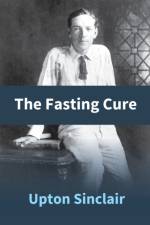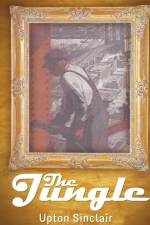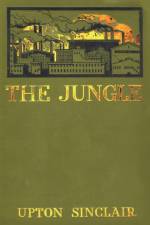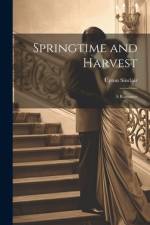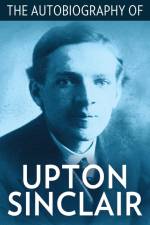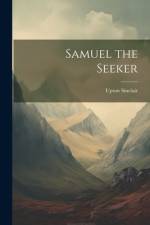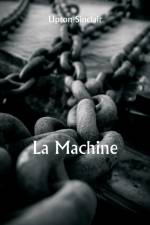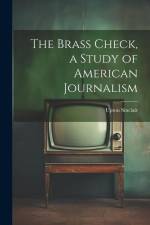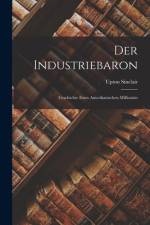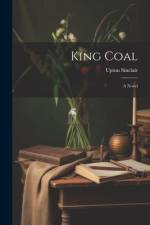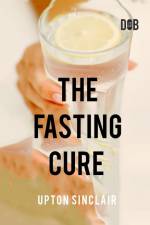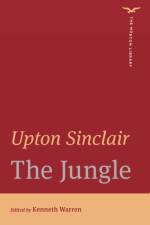av Upton Sinclair
361
Illustrated Edition with 20 detailed illustrations that bring the story to lifeIncludes a comprehensive summary of the novel's key events and themesCharacter list featuring the major figures in the novel, including Jurgis Rudkus, Ona, and moreAuthor biography detailing Upton Sinclair's life and his profound impact on American literature and social reformStep into the gritty, unforgiving world of early 20th-century Chicago with Upton Sinclair's The Jungle, an iconic novel that shocked the nation and exposed the harsh realities of the American industrial landscape. This powerful illustrated edition breathes new life into Sinclair's masterwork, with 20 vivid illustrations capturing the struggle, despair, and hope of the Rudkus family as they navigate the brutal world of meatpacking, corruption, and exploitation.At the heart of this harrowing tale is Jurgis Rudkus, a Lithuanian immigrant who, along with his family, dreams of a better life in America. What they find instead is a relentless cycle of poverty, disease, and despair, as they are ensnared by the ruthless machinery of capitalism. Sinclair's stark portrayal of unsanitary conditions in the meatpacking plants and the corruption of political and industrial systems not only transformed the food industry but also sparked a nationwide conversation about workers' rights, labor reform, and social justice.This edition also offers a comprehensive summary of the novel, a detailed list of characters that guides readers through the complex narrative, and a biography of Upton Sinclair, the author whose activism and literary achievements continue to inspire readers today. With its compelling illustrations and insightful content, this version of The Jungle invites readers to engage with the timeless themes of inequality, human dignity, and the search for a better future.

